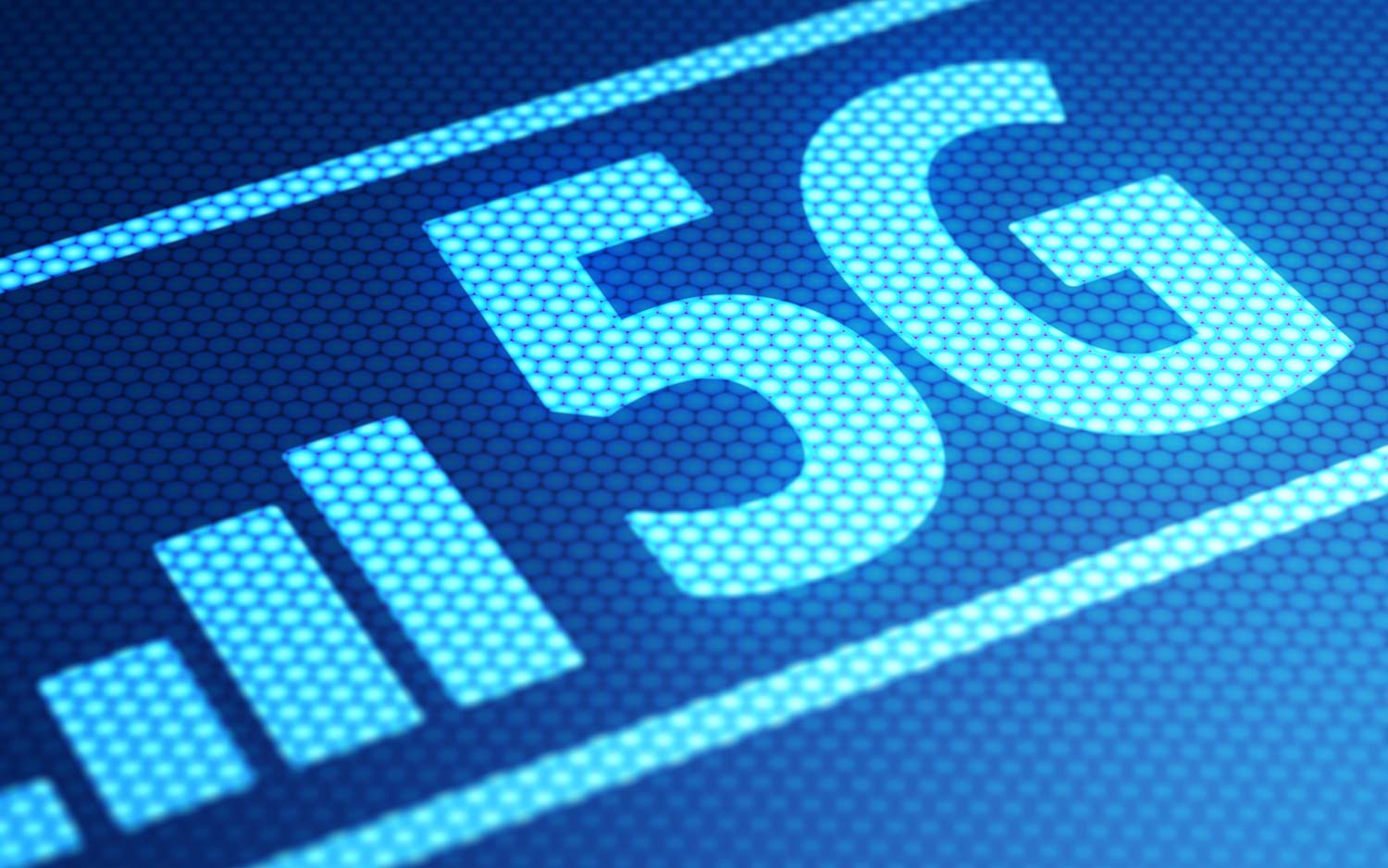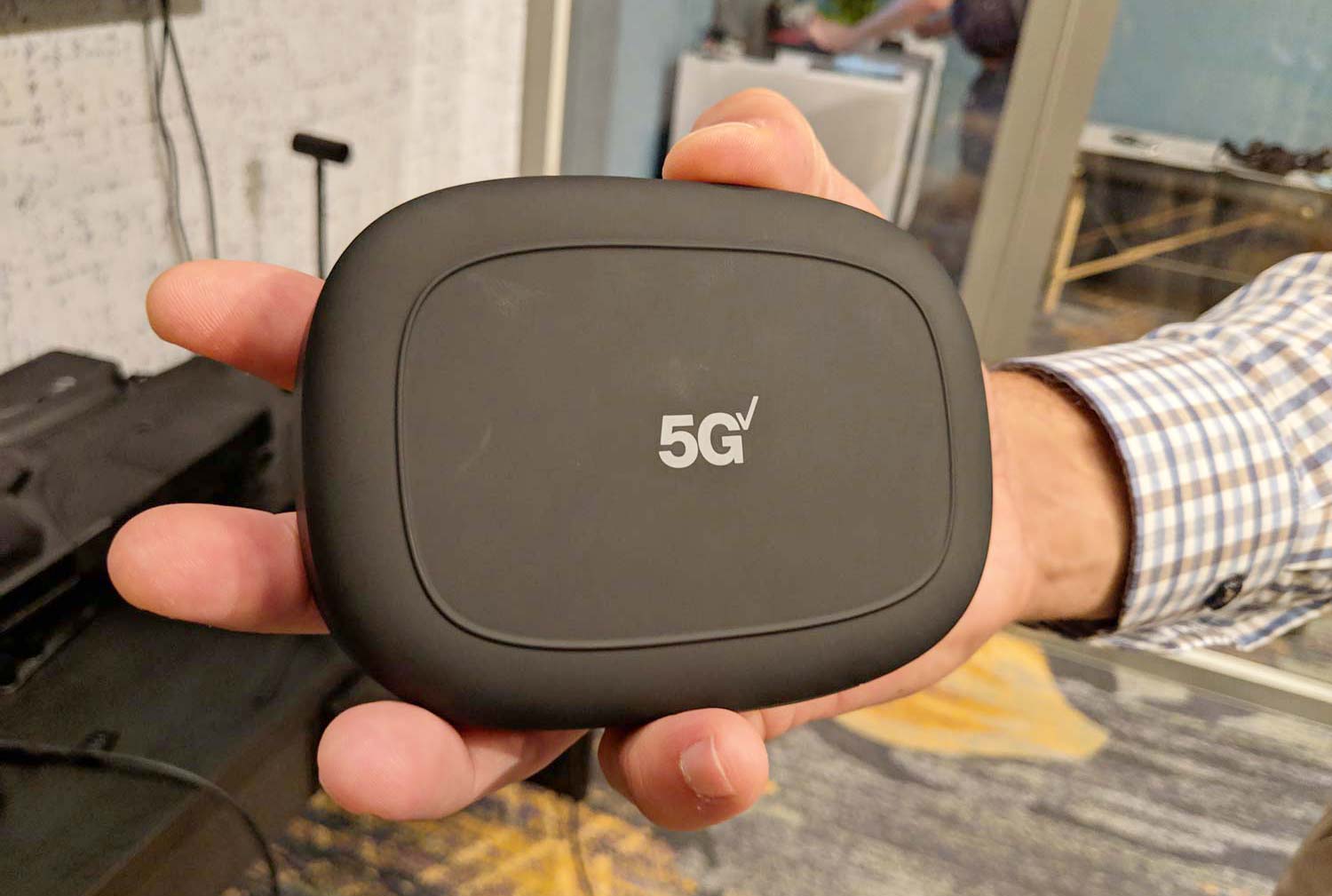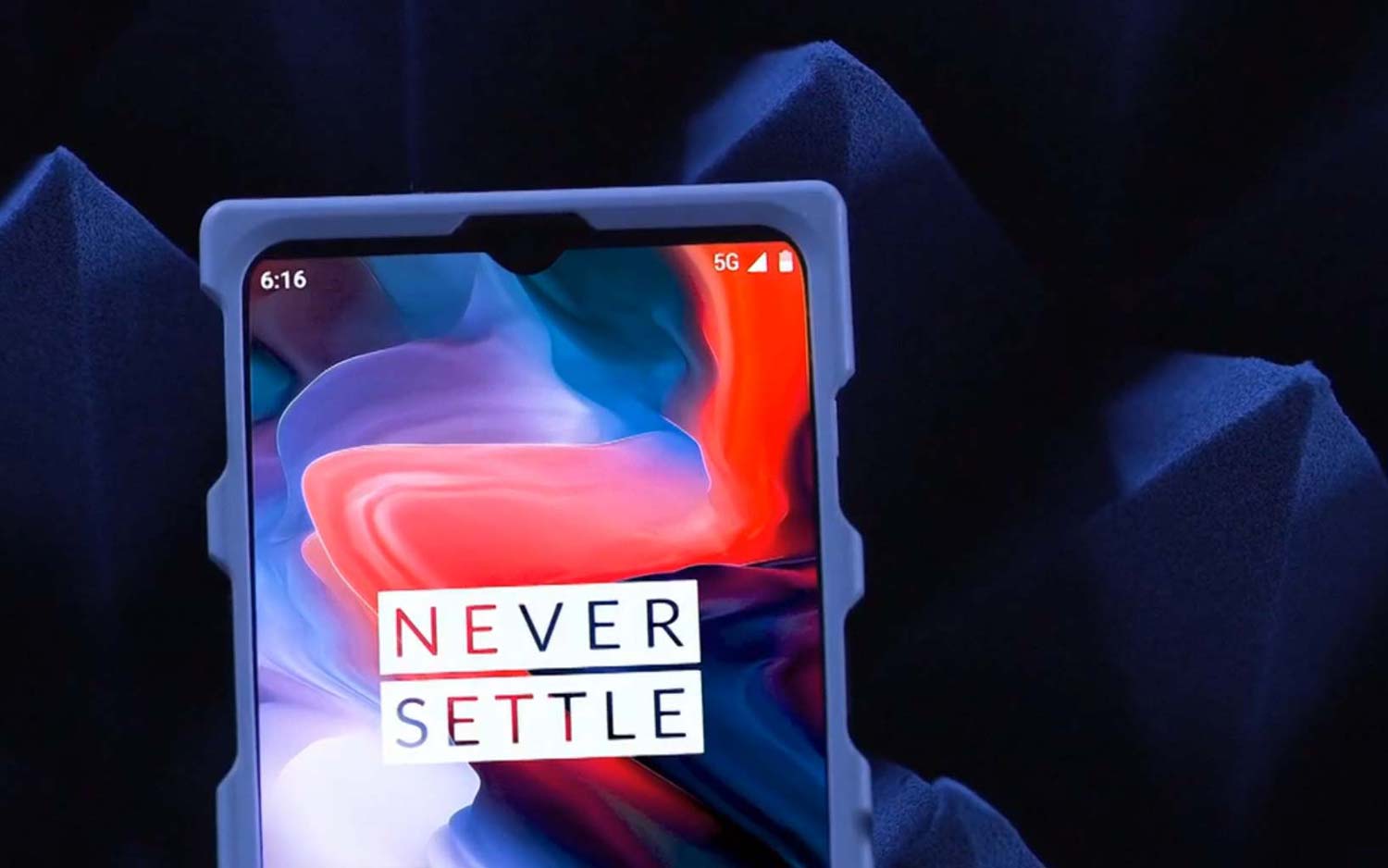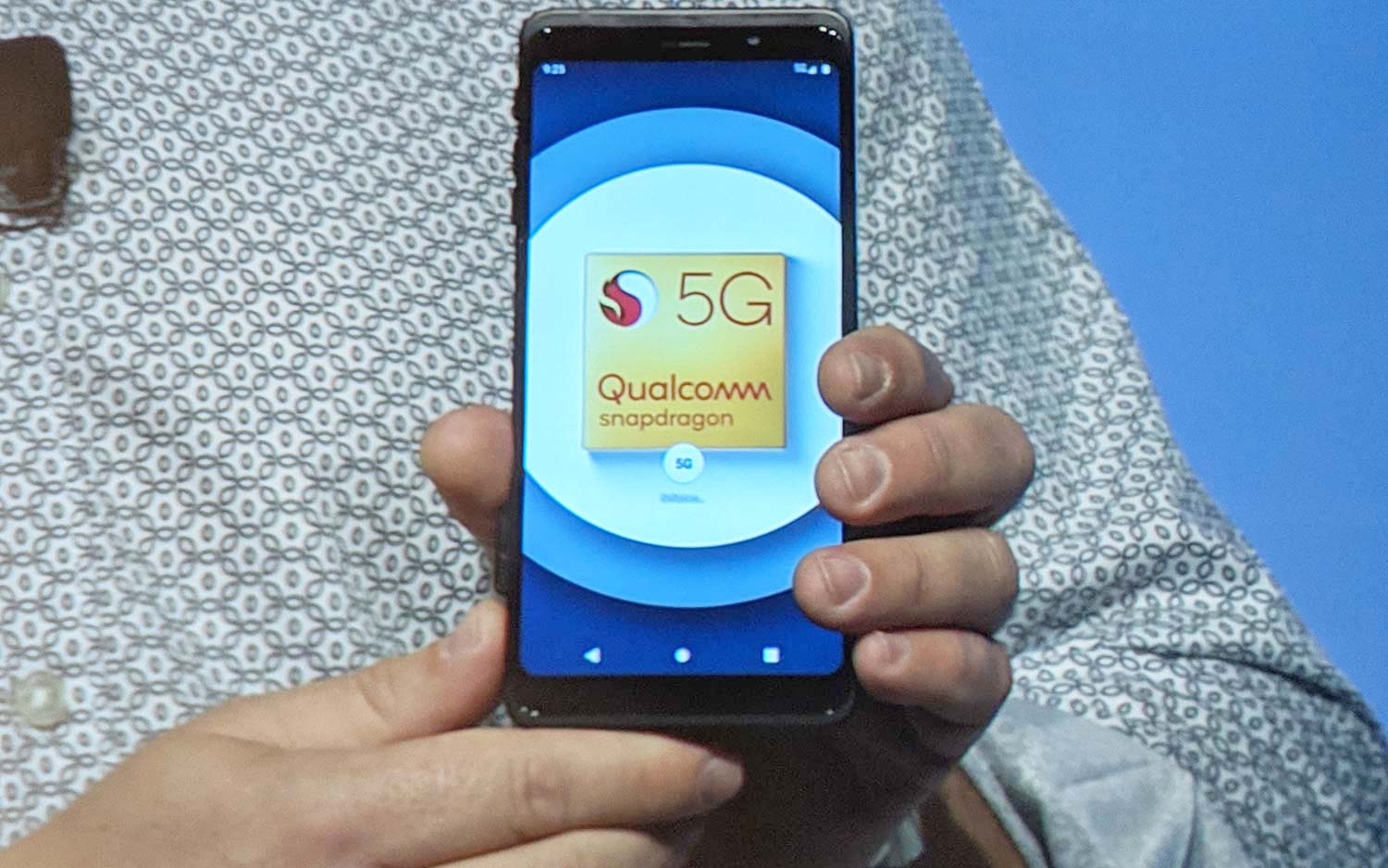5G Reality Check: Will It Really Impact You in 2019?
5G becomes a reality this year, but it may be a while before the average mobile user reaps the benefits.
The year of 5G is finally upon us. The question is, will consumers notice?

If they don't, it certainly won't be for lack of hype for the new wireless connectivity standard that promises faster speeds and lower latency. Wireless carriers have already begun touting their 5G efforts, with AT&T already touting its 5G network in TV ads, even though its 5G service is only available in a dozen cities and there aren't any 5G-capable phones out yet.
5G also figures to be a big talking point at the upcoming CES trade show, where 5G modem maker Qualcomm is hosting a press event and Verizon CEO Hans Vestberg is slated to deliver a 5G-focused keynote next Tuesday (Jan. 8).
"It's almost like the lottery. Are you lucky enough to be in an area where 5G is going to be deployed this year?" — Jason Leigh, IDC
So expect to hear plenty about 5G's benefits both this month and next, when February's Mobile World Congress will shine a spotlight on the 5G efforts of even more device makers and network operators. As for actually experience those benefits, though, you may be in for a bit of a wait.
"It's almost like the lottery," said Jason Leigh, senior research analyst for mobility at market research firm IDC when I asked him if consumers are likely to be impacted by 5G this year. "Are you lucky enough to be in an area where 5G is going to be deployed this year?"
MORE: 5G — What’s Coming in 2019
No one would dispute that 2019 is going to be a big year for 5G. But even as 5G services come online and 5G-capable phones and other devices start appearing, we'll still be in the early stages of the transition to the new networking standard. Here are a few things to keep in mind as the switch to 5G picks up steam.
5G networks are launching, but gradually
"5G will be there in 2019," Ignacio Contreras, Qualcomm's director of marketing for 5G, told me last month at that company's annual tech summit. "It will be there across several regions — North America, Europe, South Korea, Japan, Australia, China. So it's a very different set of scale versus what we've seen before [with the transition to 4G] and what we were expecting a few years ago."

In the U.S., AT&T has already made good on its pledge to turn on 5G service in 12 cities, though at the moment, the only way to connect to the network's faster speeds is through a 5G hotspot built by Netgear. The plan is to add 19 more 5G cities this year.
Verizon has launched a 5G home broadband service in five cities, and plans to launch its mobile 5G network this year. Expect to hear more details about Verizon's rollout plans shortly. Sprint has circled 2019 on its calendar, too, with 5G rolling out to nine markets during the first half of the year.
T-Mobile spent 2018 building out its 5G network in 30 cities, with an eye flipping the switch in New York, Los Angeles, Dallas and Las Vegas this year as 5G phones become available. The Uncarrier is looking at 2020 for nationwide 5G service.
That 2020 date is noteworthy, as it may be a more realistic date for when smartphone users will have a better chance of jumping on high-speed 5G networks. "Even as some of these [2019] deployments come online, it's going to be in pockets of cities," Leigh said.
MORE: I Just Tried 5G for the First Time: Here's What It Lets You Do
In other words, 5G may be coming this year, but not necessarily to where you're living. And even if it does, it may be a little bit longer before networks are fully available.
5G phones are coming, but when?
Getting a 5G network up and running is just one step. You also need devices that can connect with 5G. Right now, in addition to Netgear's Nighthawk 5G mobile hotspot for AT&T's fledgling network, Inseego is making a 5G hotspot for Verizon. D-Link just announced a 5G router that replaces your cable line with 5G connectivity, but that's not arriving until much later in 2019.

As for 5G-ready smartphones, it's pretty easy to summarize availability at the moment — they're aren't any.
The good news is that figures to change fairly quickly. Last month, Qualcomm unveiled its Snapdragon 855 mobile platform, which includes the X50 5G modem. (You'll also find an LTE modem capable of delivering 2 Gbps speeds for those times when 5G connectivity is nowhere to be found.)
OnePlus has already committed to making a 5G phone that uses the Snapdragon 855, and both AT&T and Verizon say they're working with Samsung on 5G phones for the first half of 2019, which presumably will use the Snapdragon 855 chipset, too. LG and Sprint have a 5G phone of their own in the works. And an already announced add-on for the Moto Z3 will let owners of that Verizon-exclusive phone add 5G connectivity just by snapping the Moto Mod onto the back of their device.
"5G will be one of those guideposts signalling flagship devices in 2019," Qualcomm's Contreras said. "It comes with a set of experiences and expectations on what a premium device is."
OnePlus CEO Pete Lau told at least one media outlet that his company's 5G phone might cost $200 to $300 more than current flagships.
That means a premium price tag, too. OnePlus CEO Pete Lau told at least one media outlet that his company's 5G phone might cost $200 to $300 more than current OnePlus flagships. OnePlus's 5G device may also be a separate offering from the company's standard flagships, suggesting that phone makers might treat 5G-ready phones as niche devices, at least for this year.
MORE: These Are the First 5G Hotspots Coming Your Way
OnePlus might not be the only phone maker taking that approach. Samsung hasn't commented officially, but rumors surrounding its upcoming Galaxy S10 device suggest that 5G connectivity will only be available on one version of the phone — and that device will ship later than other S10 models.
And one of the biggest phone makers may skip 5G entirely in 2019. According to reports, Apple is going to wait until 2020 to come out with a 5G-ready iPhone, just as it delayed releasing a 4G version of its smartphone back in the day. Apple is also reportedly turning to Intel for its 5G modem as a result of its ongoing legal tussle with Qualcomm, and those chips may not be ready until 2020.
5G's most compelling benefits go beyond mobile
There's no doubt 5G will mean faster speeds and lower latency for your next-generation smartphone. That's a big benefit if you play a lot real-time games or need to download big files in a jiffy. It will likely mean smoother cloud experiences, too.

"When you upload your photos, your videos, it will be exceedingly smoother versus what we have today," Contreras said. "Basically, it feels like the cloud is in your device. Longer term, it becomes less distinguishable what's running on your device and what's running on the cloud. It might not even matter."
"If someone's a consumer and they do a lot of streaming, they'll see a benefit," agreed Leigh, though he added those may be the least interesting changes that 5G brings about. Instead, the lower latency of 5G figures to have an impact on areas such as automation, telepresence and connected devices.
"When you upload your photos, your videos, it will be exceedingly smoother versus what we have today. Basically, it feels like the cloud is in your device.” — Ignacio Contreras, Qualcomm
"The most interesting things will be on the enterprise side," Leigh said. And not all of those benefits are likely to materialize the moment 5G comes online in 2019 anyhow.
When I had a chance to see some 5G demos last month, the most compelling experience I saw illustrated how doctors could use the fast speeds and lower latency of the new network to remote manage physical therapy for patients. It's an impressive use of technology, but not one most of us will take advantage of whenever we take the plunge on that 5G-ready smartphone.
And from the CES 2019 chatter, it seems a lot of the demos at this week's show will focus on 5G's bigger picture use. We're talking about ways the faster networking standard will impact digital medicine, smart cities and self-driving cars.
4G will get better, too
There is one benefit to 5G that should benefit everyone as carriers launch their new networks this year and into next. As mobile users migrate to 5G, that will mean less congestion — and faster speeds — on LTE.
"For cities where millimeter wave and 5G are going to be deployed, you'll see an increase overall in the capacity of the network," Contreras said. "So many users, those with 5G devices... will get the benefits of 5G speeds and the new spectrum. But even those that stay in 4G will see a benefit."
Credit: Tom's Guide
Sign up to get the BEST of Tom's Guide direct to your inbox.
Get instant access to breaking news, the hottest reviews, great deals and helpful tips.
Philip Michaels is a Managing Editor at Tom's Guide. He's been covering personal technology since 1999 and was in the building when Steve Jobs showed off the iPhone for the first time. He's been evaluating smartphones since that first iPhone debuted in 2007, and he's been following phone carriers and smartphone plans since 2015. He has strong opinions about Apple, the Oakland Athletics, old movies and proper butchery techniques. Follow him at @PhilipMichaels.
-
markmccoskeytech "T-Mobile spent 2018 building out its 5G network in 30 cities, with an eye flipping the switch in New York, Los Angeles, Dallas and Las Vegas this year as 5G phones become available." I'd rather see a 5G home router, like the D-Link DWR-2010. And NOW would be good.Reply

